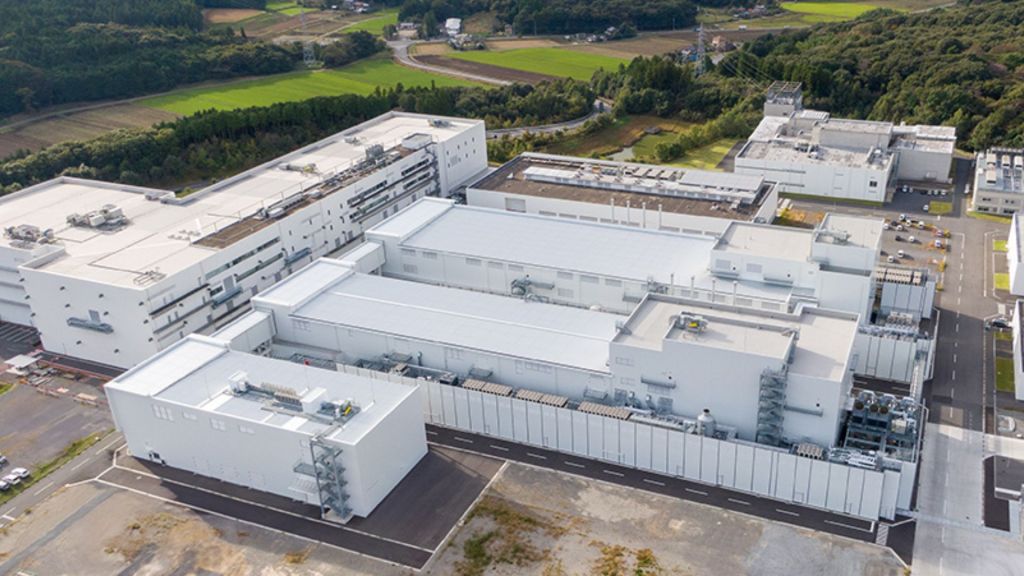Honda has made a significant leap forward in its commitment to electric vehicle (EV) technology by unveiling its first demonstration production line for all-solid-state batteries. These advanced batteries represent a critical component in Honda’s vision for achieving carbon neutrality by 2050, a goal that encompasses the entirety of the company’s product lines and corporate activities. Recognizing the current limitations of existing battery technologies, Honda aims to enhance the efficiency, affordability, and sustainability of its electric vehicles. By focusing on developing all-solid-state batteries, the automaker hopes to address critical issues present in today’s lithium-ion batteries, including safety concerns and energy density limitations, positioning itself to meet the growing demand for robust, high-performance EVs.
Central to Honda’s efforts in achieving carbon neutrality is the commitment to advancing battery technology that allows for a greater driving range at reduced costs. The company views EV batteries as the backbone of the next generation of mobility solutions, crucial for the widespread adoption of electric vehicles. Honda has made it clear that its intentions extend far beyond laboratory-level innovations; it is dedicated to investing in mass production capabilities for all-solid-state batteries. This ambitious stance reflects Honda’s overarching strategy to play a significant role in the transition to a sustainable automotive future.
The newly unveiled demonstration production line at Honda’s R&D facility in Sakura City, Tochigi Prefecture, Japan, provides a window into the company’s ambitious plans for large-scale battery production. This facility, covering about 295,000 square feet, is outfitted with state-of-the-art technologies that simulate mass production workflows. These processes include the weighing and mixing of electrode materials, the coating and roll pressing of electrode assemblies, cell formation, and module assembly. With the completion of the construction phase earlier this year, Honda is poised to start operations on this demo line by January 2025. The efficient production techniques being developed are anticipated to lower costs while also making advancements in a wide range of applications, from automobiles and motorcycles to aviation technologies.
Looking ahead, Honda has set its sights on launching electric vehicles with all-solid-state batteries in the latter part of the 2020s. This timeline is part of a broader strategic commitment to transition to 100% electric vehicle sales, including fuel cell electric vehicles (FCEVs), by 2040. By focusing on intensive research in two main areas—material specifications and manufacturing techniques—Honda is not only expediting the development of these innovative battery technologies but is also positioning itself as a competitive leader in the rapidly growing EV market. The company is optimistic that its breakthroughs in battery technology will distinguish it from rivals and allow it to make significant contributions to the future of sustainable transportation.
The demonstration production line represents a major milestone for Honda, as it brings them one step closer to mass production of all-solid-state batteries. This production capability is essential to creating advanced, affordable, and environmentally friendly electric vehicles. In addition to enhancing driving range and reducing costs, all-solid-state batteries are expected to deliver substantial improvements in safety and performance, addressing some of the primary consumer concerns about EVs. By focusing on these advancements, Honda is reasserting its dedication to meeting the evolving needs and preferences of consumers while contributing positively to global efforts aimed at combating climate change.
Overall, Honda’s latest announcement underscores a pivotal moment in the automotive industry as traditional manufacturers increasingly pivot toward innovative, sustainable technologies. By prioritizing the development of all-solid-state batteries, Honda is making bold strides toward facilitating the transition to electric and sustainable mobility solutions. This initiative not only reflects an alignment with global trends promoting carbon neutrality but also exemplifies the company’s commitment to leading in the field of electric vehicle technology. As Honda advances its production capabilities in the coming years, it positions itself not just as a manufacturer but as a catalyst for a cleaner, greener future in transportation.

